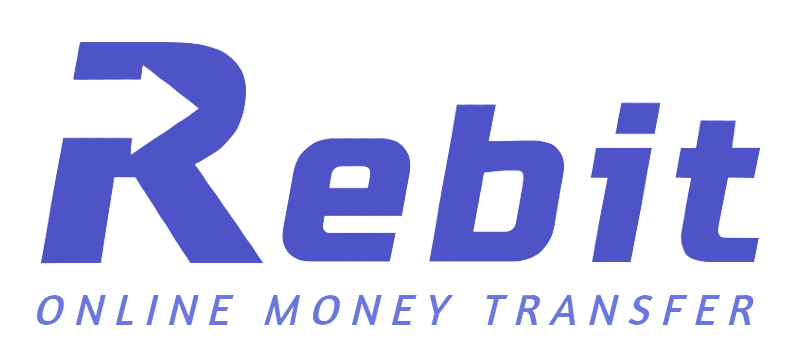Australia’s economic growth slows to 0.2% in March quarter
Australia’s GDP rose just 0.2% in Q1 2025, down from 0.6% in Q4 2024, with annual growth at 1.3%. Per capita GDP dipped 0.2%, reflecting sluggish consumer spending and flat public investment. Severe weather, including Cyclone Alfred, weighed heavily on mining, tourism, and shipping. Private dwellings investment held strong, but machinery and equipment investment dropped. The rise in household savings to 5.2% signals caution among consumers.
Published date: 4 June 2025
Source: ABC
ASIC orders over $1 billion in refunds over financial misconduct and ‘junk insurance’
The Australian Securities and Investments Commission (ASIC) has revealed that over $1.6 billion in compensation has been secured for consumers impacted by unlawful financial conduct since 2018. This includes refunds related to “junk insurance” and other misconduct uncovered by the banking royal commission. ASIC chair Joe Longo emphasized the watchdog’s ongoing efforts to ensure remediation for affected customers, with over 3.6 million Australians receiving compensation. The refunds mainly stem from mis-sold consumer credit insurance, duplicate charges, and poor financial advice. ASIC warned institutions that further penalties would follow if compliance failures persist.
Published date: 11 June 2025
Source: ABC
Australian dollar plunges after Israel strikes Iran, rattling markets
The Australian dollar dropped about 1% against the US dollar on June 13, 2025, falling to roughly 64.7 US cents shortly after reports of Israeli strikes targeting Iran’s nuclear facilities. Investors shifted toward safe-haven assets like the US dollar, gold, and US Treasury bonds, causing bond yields to fall as bond prices climbed. Concurrently, oil prices surged—Brent crude jumped over 5–7%—which supported shares in energy and gold mining stocks even as broader market sentiment soured.
Published date: 13 June 2025
Source: ABC
ASX slips as Israel-Iran conflict lifts oil and gold prices
The ASX 200 index declined by around 0.2% on June 13, 2025, reflecting growing investor concern following Israeli airstrikes on Iranian nuclear sites. The market dip came despite significant gains in energy and gold mining stocks such as Woodside and Northern Star, driven by a sharp rise in Brent crude oil (up more than 7%) and spot gold (up ~1.4%). Investors shifted toward safe-haven assets, and the Australian dollar also weakened by about 0.8% to around 64.7 US cents. While certain sectors like energy benefited, broader market sentiment remained cautious amid rising geopolitical tensions.
Published date: 13 June 2025
Source: ABC
Global markets react to Israel and U.S. strikes on Iran
Following coordinated airstrikes on Iran’s nuclear and military facilities, oil prices rose sharply. WTI jumped by around 6%, and Brent briefly reached $76.78 before easing due to uncertainty over supply disruptions.
U.S. stock futures fell slightly, Asian markets pulled back, and the U.S. dollar strengthened as a safe haven. Analysts warn that if further Israeli or U.S. military actions continue, or if the Strait of Hormuz is closed, Brent prices could rise above $100 to $110, increasing costs for consumers and complicating central bank policy.
Published date: 14 June 2025
Source: 9News
Oil shock could put RBA in a bind on rate cuts
A sharp rise in global oil prices, along with trade disruptions in the Middle East, may complicate the Reserve Bank of Australia’s plans to continue cutting interest rates. KPMG suggests there could be up to three more 25 bp cuts in 2025, but sustained inflationary pressures from oil could force the RBA to reconsider.
Published date: 23 June 2025
Source: AFR
Australians paid $250 billion in taxes in 2022–23
New statistics released by the Australian Taxation Office (ATO) show that Australians collectively paid AU$577.4 billion in taxes during the 2022–23 financial year, up from AU$530.1 billion the previous year. Income tax was the dominant contributor, with work-related expense deductions totaling AU$28.3 billion. The report highlights that 139 of the 24,350 individuals earning over AU$1 million paid no tax after deductions. Additional revenue included AU$25.4 billion from tobacco, fuel, and alcohol excise duties, and nearly AU$24 billion from taxes on superannuation. The figures underscore both the significant role personal income tax plays in national revenue and the ongoing scrutiny of high-income earners leveraging deductions.
Published date: 27 June 2025
Source: 9News
Millions of Australians to see major changes from July 1
From July 1, 2025, several key economic and social policy changes will take effect across Australia, impacting workers, renters, families, and businesses. The national minimum wage rises by 3.75% to AU$24.10/hour (AU$948/week). Superannuation guarantee contributions will increase from 11% to 12%, enhancing retirement savings. Paid parental leave will be extended to 120 days. Pension thresholds and welfare entitlements will be adjusted upward by 2.4% to align with cost-of-living pressures. New state-level rules are also coming into force: rent increase caps and notice periods in NSW, AI-powered speed cameras in Victoria, reintroduced rental checks in Queensland, public transport fare caps for students in South Australia, and expanded solar rebate eligibility in Western Australia. These reforms aim to ease financial pressures and promote equity.
Published date: 30 June 2025
Source: News








Leave a Reply